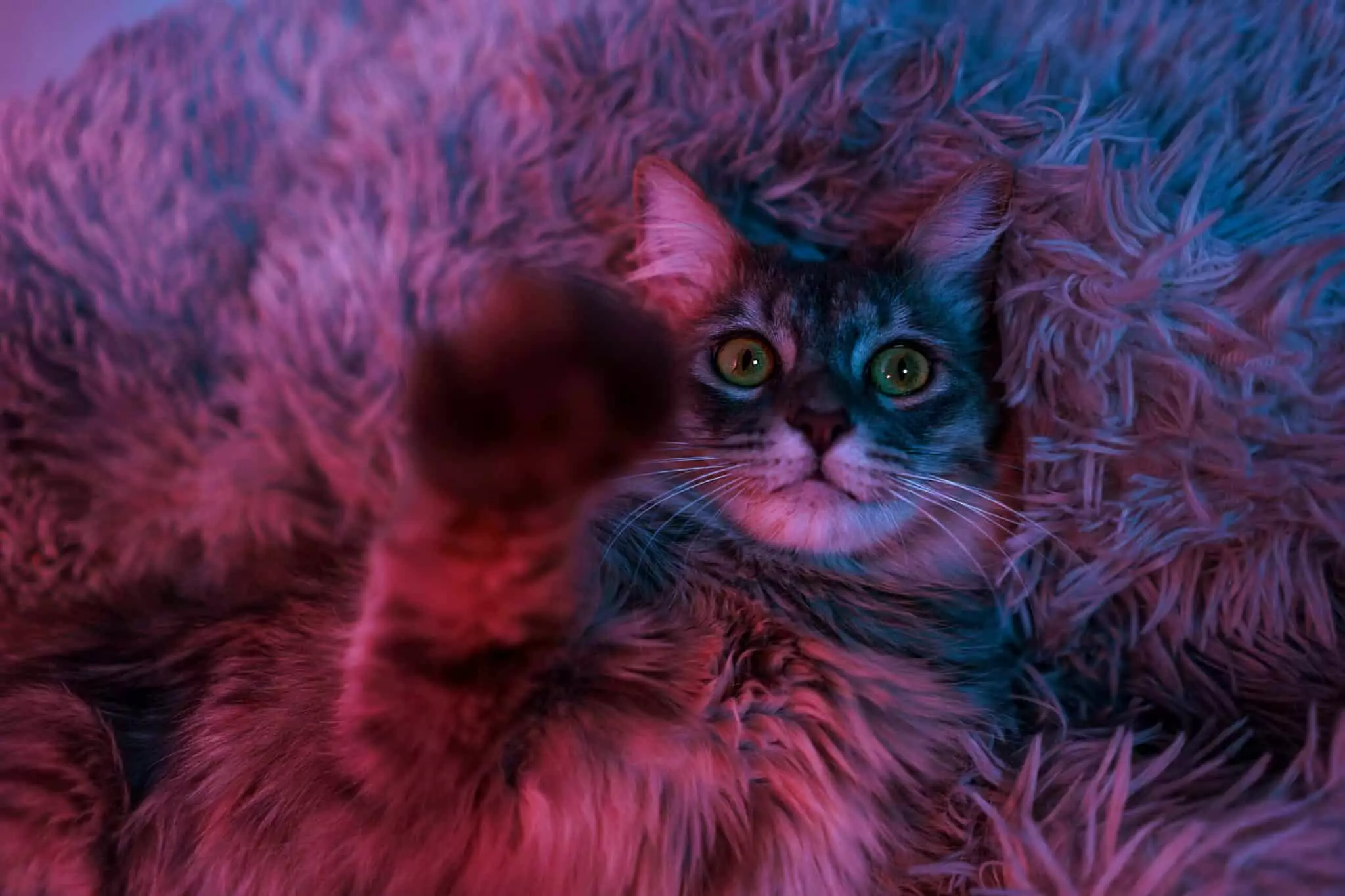If you’ve ever been abruptly awoken by the sound of a furry whirlwind wreaking havoc in your home, you’re part of an exclusive club shared by many cat owners. There’s something inherently charming yet exasperating about a cat that shifts from a serene sleeper to a hyperactive acrobat overnight. But if you’ve found yourself questioning this seemingly erratic behavior, it’s helpful to explore the underlying instincts that guide our feline companions.
Cats are not just adorable, four-legged friends wandering around the house; they are descendants of powerful hunters whose wild ancestors were most active during twilight. This natural inclination makes cats crepuscular, meaning their prime hunting hours occur at dawn and dusk. Contrary to popular belief, their nighttime antics aren’t simply random outbursts but rather a manifestation of their prehistoric predatory instincts. Even the coziest domestic cats retain this rhythm, often choosing the quiet hours of the night to unleash their pent-up energy.
The Art of Napping and Energy Storage
Domestic cats are expert nappers, spending an impressive 12 to 16 hours a day in slumber. However, many don’t realize that this sleep is distributed throughout the day rather than occurring in a single block. If your feline friend has been catnapping away while you’ve been bustling about, chances are they’ve conserved a considerable reserve of energy, ready to be unleashed at the most inconvenient moments—like while you’re in the throes of deep sleep.
This cycle of sleeping and playing mirrors the “nap all day, party all night” lifestyle that many cats adopt. If you left your cat to their own devices during the day and your attention waned, they are likely to see the night as their designated time to reclaim your focus. Your sleepy cat transitions into a purring, playful entity, eager for interaction with you when the house is at its quietest.
Curiosity and Stimulus Needs
A bored cat is akin to an unshackled spirit pacing in a cage, eagerly seeking stimulation where none exists. If left unchallenged, a cat may resort to shadowy corner ambushes or energetic assaults on your unsuspecting feet nestled under the covers. The absence of stimulation, such as toys or climbing structures, can turn your pet’s night into a stage for their wild antics as they attempt to entertain themselves—often at your expense.
Research has shown that providing your cat with an enriched environment can significantly decrease nocturnal disturbances. Interactive playtime, a variety of toys, and even feline-specific climbing structures can ensure that your furry friend gets the stimulation they need during the day, ideally setting the stage for a more peaceful night.
The Midnight Munchies
Just like humans have irregular cravings, cats often experience late-night hunger pangs. If their feeding schedule doesn’t sync with their internal clock, they might take it upon themselves to rouse you for a snack. Imagine your cat as a furry alarm clock, unrelentingly nudging you to fulfill their midnight dietary demands. Their need for sustenance can trigger playful (or pestering) behavior if they feel their meal schedule is misaligned.
Furthermore, if you respond to your cat’s late-night awakenings with an interactive reaction—be it yelling, chastising, or even engaging them with toys—they may interpret your responses as an invitation to continue their playful disruptions. By recognizing this pattern, you may inadvertently reinforce their chaotic behavior, leading to a perpetual cycle of nighttime ruckus.
Embracing the Chaos
Ultimately, while it may feel like your cat is engaged in a deliberate campaign against your sleep schedule, many of their baffling actions stem from instinctual behaviors melded with the need for interaction and entertainment. Understanding the essence of your cat’s nocturnal escapades can empower you to redirect their energy during the daylight hours with ample playtime and engagement.
Though their antics might momentarily challenge your sanity, embracing the chaos and accepting it as part of your cat’s quirky nature can transform frustration into amusement. A sense of humor will go a long way when coping with your animal companion’s nightly performances. So until more peaceful hours reign in your home, just remember to keep slippers nearby, channel patience, and enjoy the delightful unpredictability that comes with having a cat in your life.


Leave a Reply